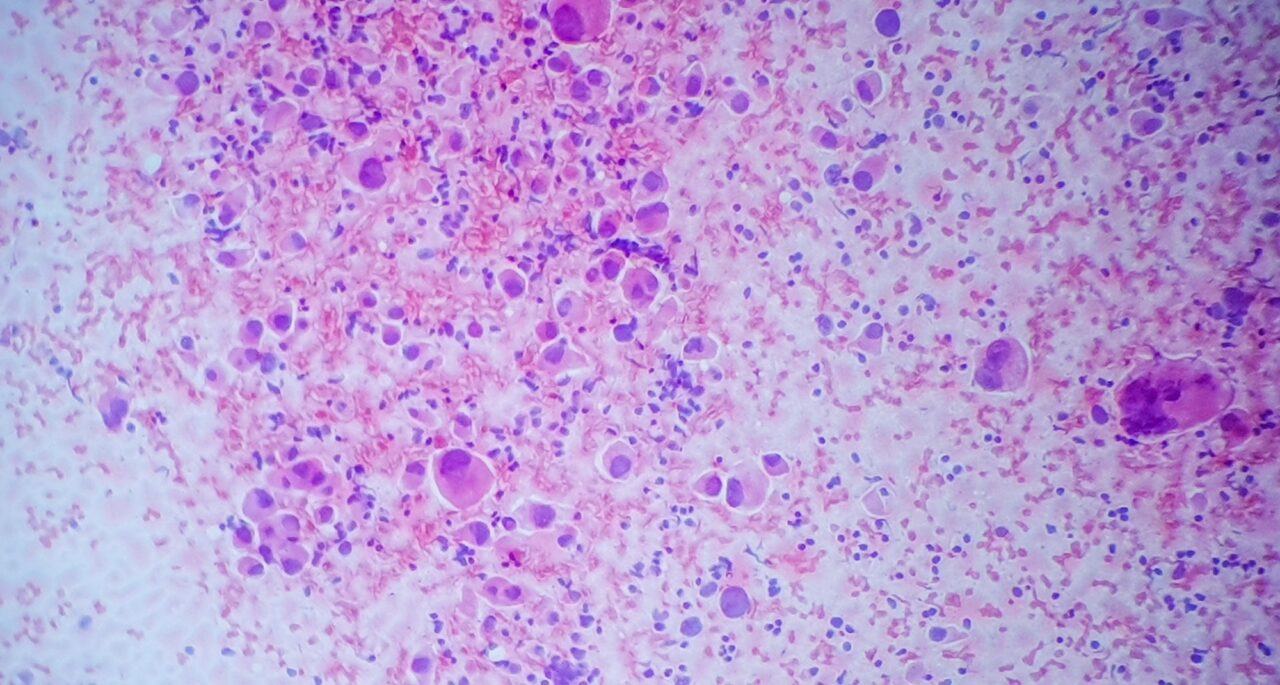Hypoxia — insufficient oxygen levels in tissues — initiates cancer cell invasion and metastasis through the hypoxia-inducible factor (HIF) protein. During this process, cancer cells undergo a conversion to amoeboid migration, although the underlying mechanisms are not clear.
New research led by Veronika te Boekhorst, Ph.D., and Peter Friedl, M.D., Ph.D., identified calpain-2 as a key regulator of the amoeboid conversion in response to hypoxia. The researchers demonstrated that hypoxia and HIF stabilization stimulate calpain-2 to cleave the focal adhesion adaptor protein, talin-1, which in turn deactivates key cell adhesion proteins called β1 integrins. This process occurs with lower metabolic needs, meaning that it is more energy-efficient for cancer cells. Targeting calpain-2 restored talin-1 and β1 integrin activity, reverting cells to their original state and blocking metastasis in laboratory models.
The findings suggest that this pathway is a potential therapeutic target for blocking hypoxia-induced invasion and metastasis.


